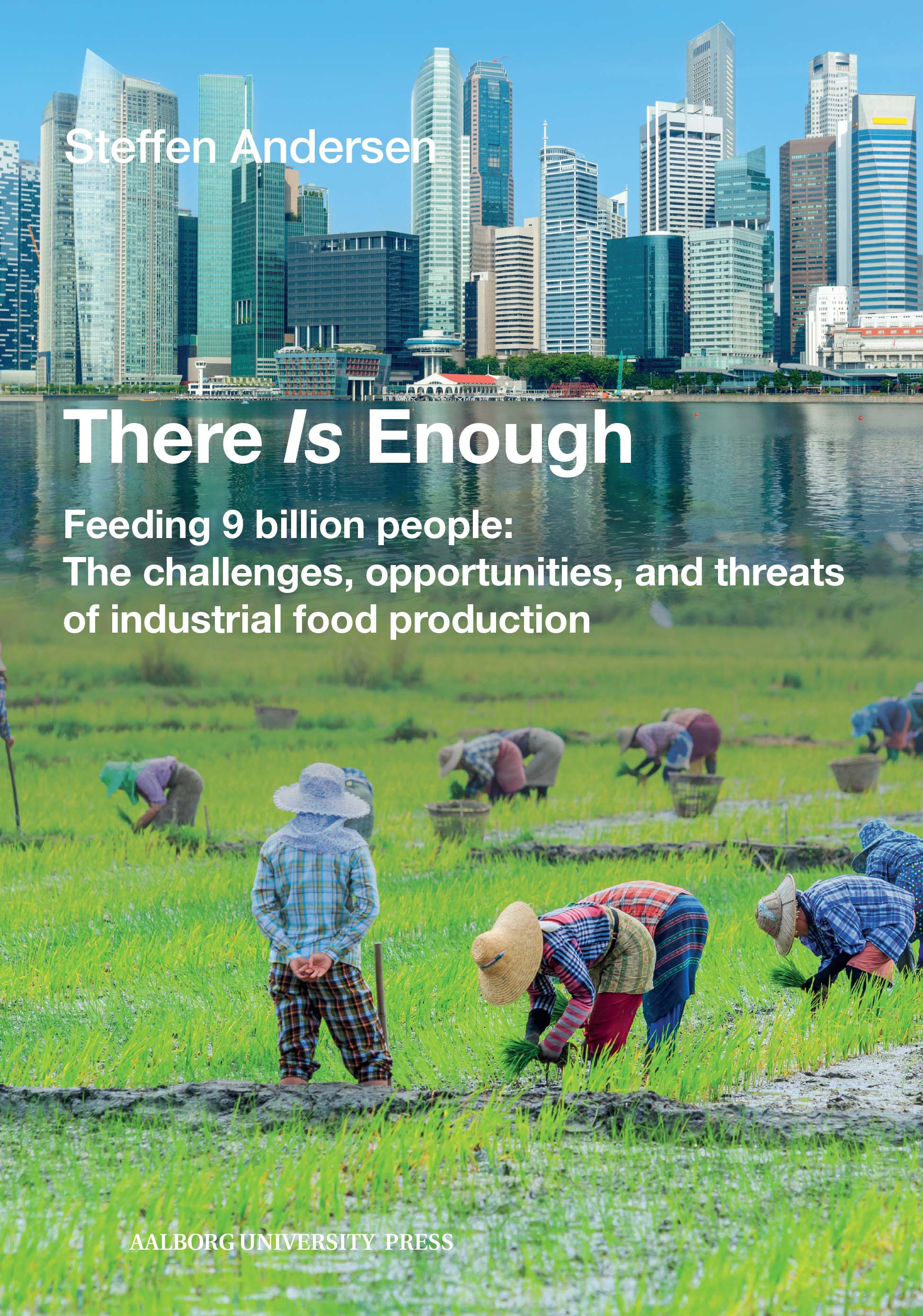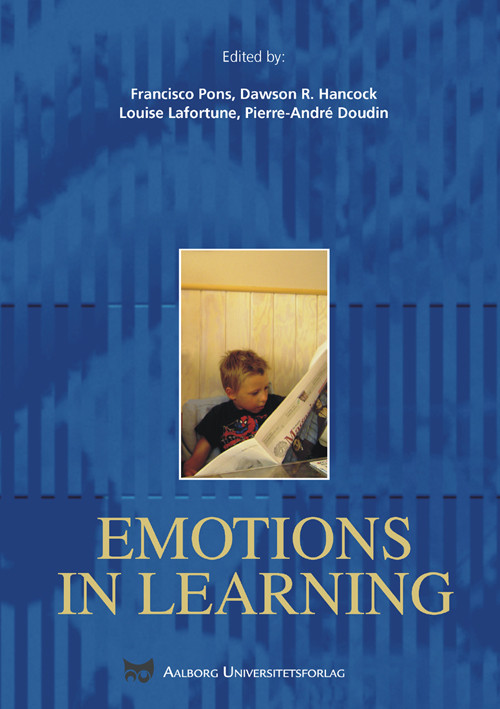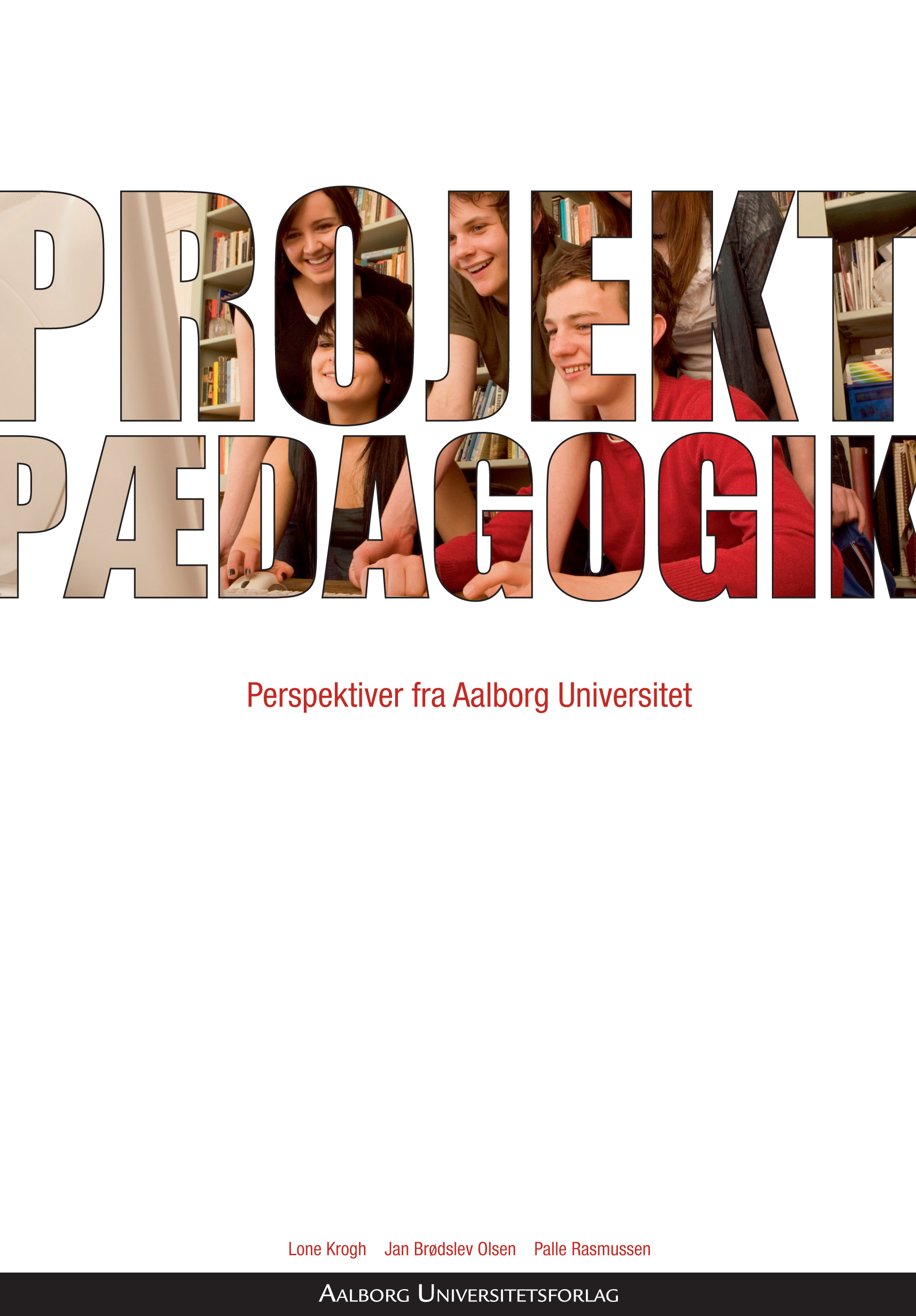Public participation and sustainable development
Comparing European experiences
Af forfatter andrew jamison , per østby
These papers have been written within the research project, Public Participation and Environmental Science and Technology Policy Options (PESTO), which is supported by the Nordic Environmental Research Program (1996-97) and the European Commission's research program on Targeted Socio-Economic Research (TSER) from 1996 to 1998. We are pleased that two of the "partners" in the European project, Lancaster University in the United Kingdom and the University of Twente in the Netherlands, have contributed to this report, even though this review of national experiences is formally not included in the European version of the project.
Our objective in the project is to examine both the new social networks that are being constructed in environmental science and technology in different European countries, and to see how the broader public interest is being taken into account. The specific objectives of the project are:
1) to contrast and compare national experiences in network-building and policy doctrine reform in terms of specific contextual factors, notably institutional traditions, policy styles, and emerging environmental awareness; 2) to analyze and evaluate the effectiveness of the different ways of organizing networks between universities, research institutes and business and government; and 3) to analyze the various ways of involving the public into environmental science and to assess to what extent public participation influences flexibility, competence building and accountability.
These papers represent the results of the first phase of our research. The project itself will continue until the end of 1998. As project coordinator, I would like to express my appreciation to the authors of the papers, as well as to all of those who have commented and offered advice. I also thank Dorthe Andersen at Aalborg University for her assistance.
Aalborg, Denmark in early May 1997
Andrew Jamison
-
These papers have been written within the research project, Public Participation and Environmental Science and Technology Policy Options (PESTO), which is supported by the Nordic Environmental Research Program (1996-97) and the European Commission's research program on Targeted Socio-Economic Research (TSER) from 1996 to 1998. We are pleased that two of the "partners" in the European project, Lancaster University in the United Kingdom and the University of Twente in the Netherlands, have contributed to this report, even though this review of national experiences is formally not included in the European version of the project.
Our objective in the project is to examine both the new social networks that are being constructed in environmental science and technology in different European countries, and to see how the broader public interest is being taken into account. The specific objectives of the project are:
1) to contrast and compare national experiences in network-building and policy doctrine reform in terms of specific contextual factors, notably institutional traditions, policy styles, and emerging environmental awareness; 2) to analyze and evaluate the effectiveness of the different ways of organizing networks between universities, research institutes and business and government; and 3) to analyze the various ways of involving the public into environmental science and to assess to what extent public participation influences flexibility, competence building and accountability.
These papers represent the results of the first phase of our research. The project itself will continue until the end of 1998. As project coordinator, I would like to express my appreciation to the authors of the papers, as well as to all of those who have commented and offered advice. I also thank Dorthe Andersen at Aalborg University for her assistance.
Aalborg, Denmark in early May 1997
Andrew Jamison -
Antal sider
225
isbn
978-87-7210-299-3
Udgave
1. edition
Udgivelsesår
1997
-
Filnavn Download
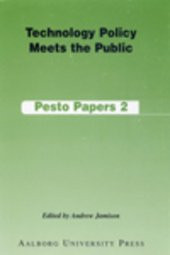
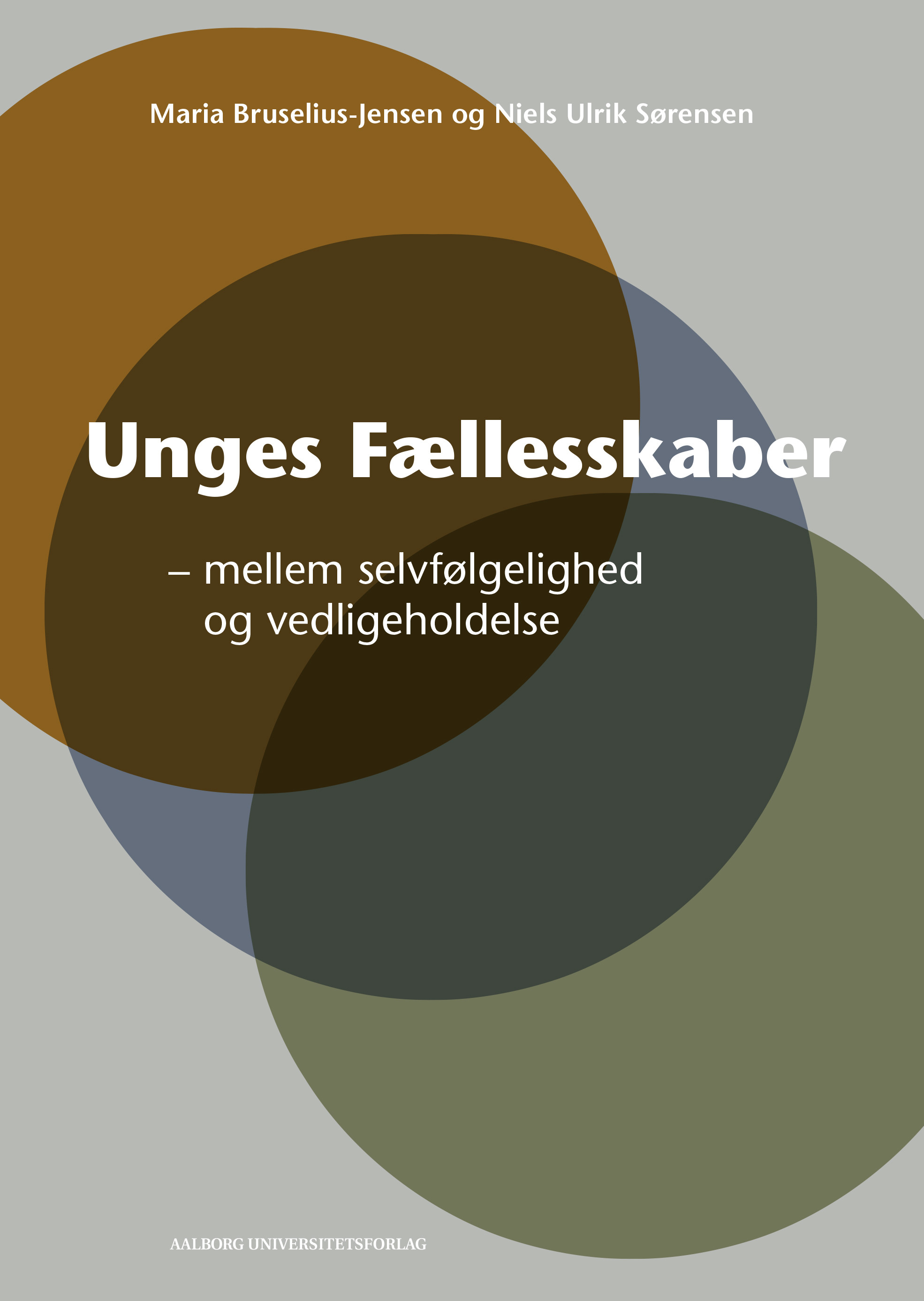

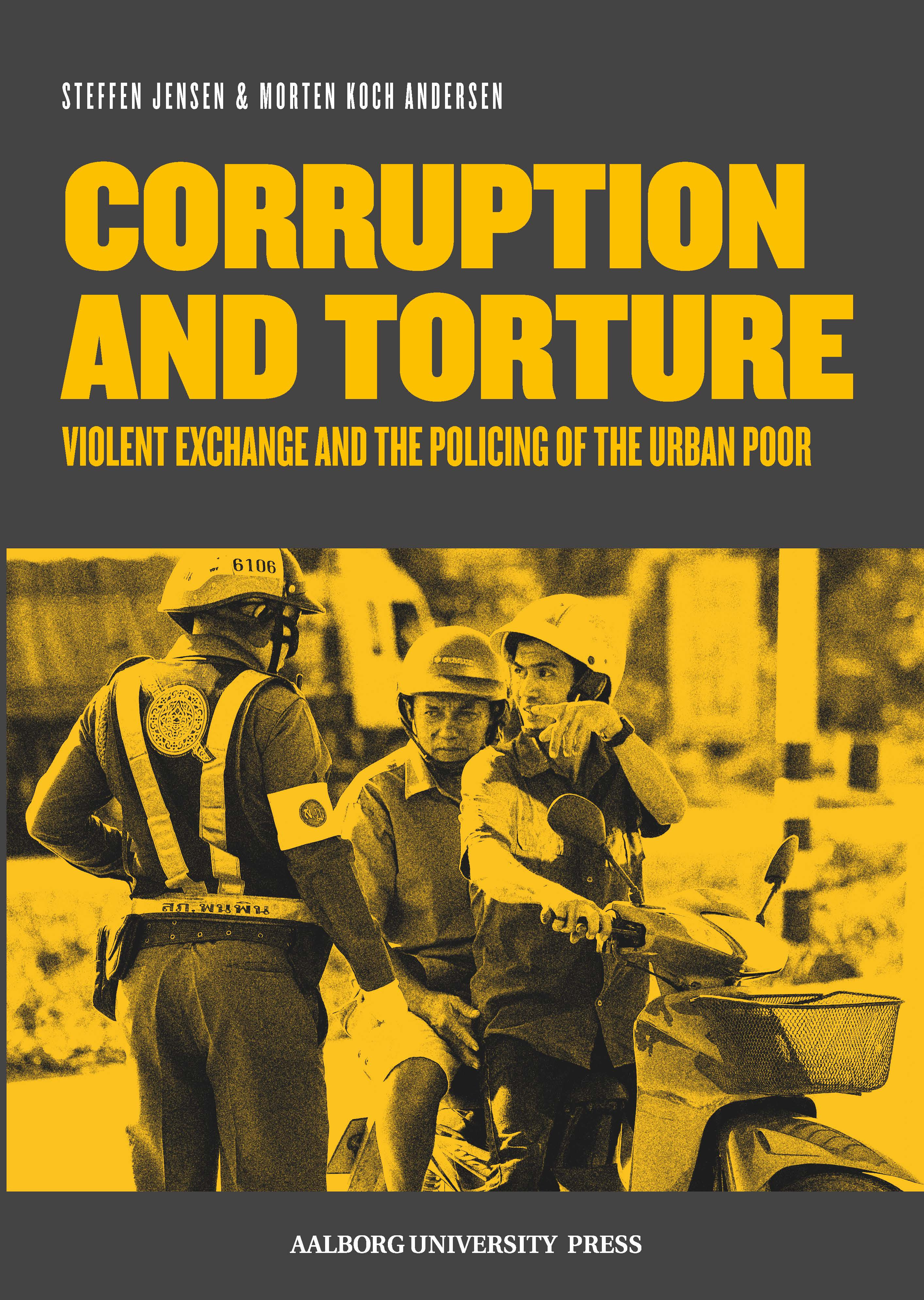
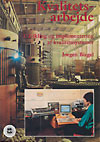
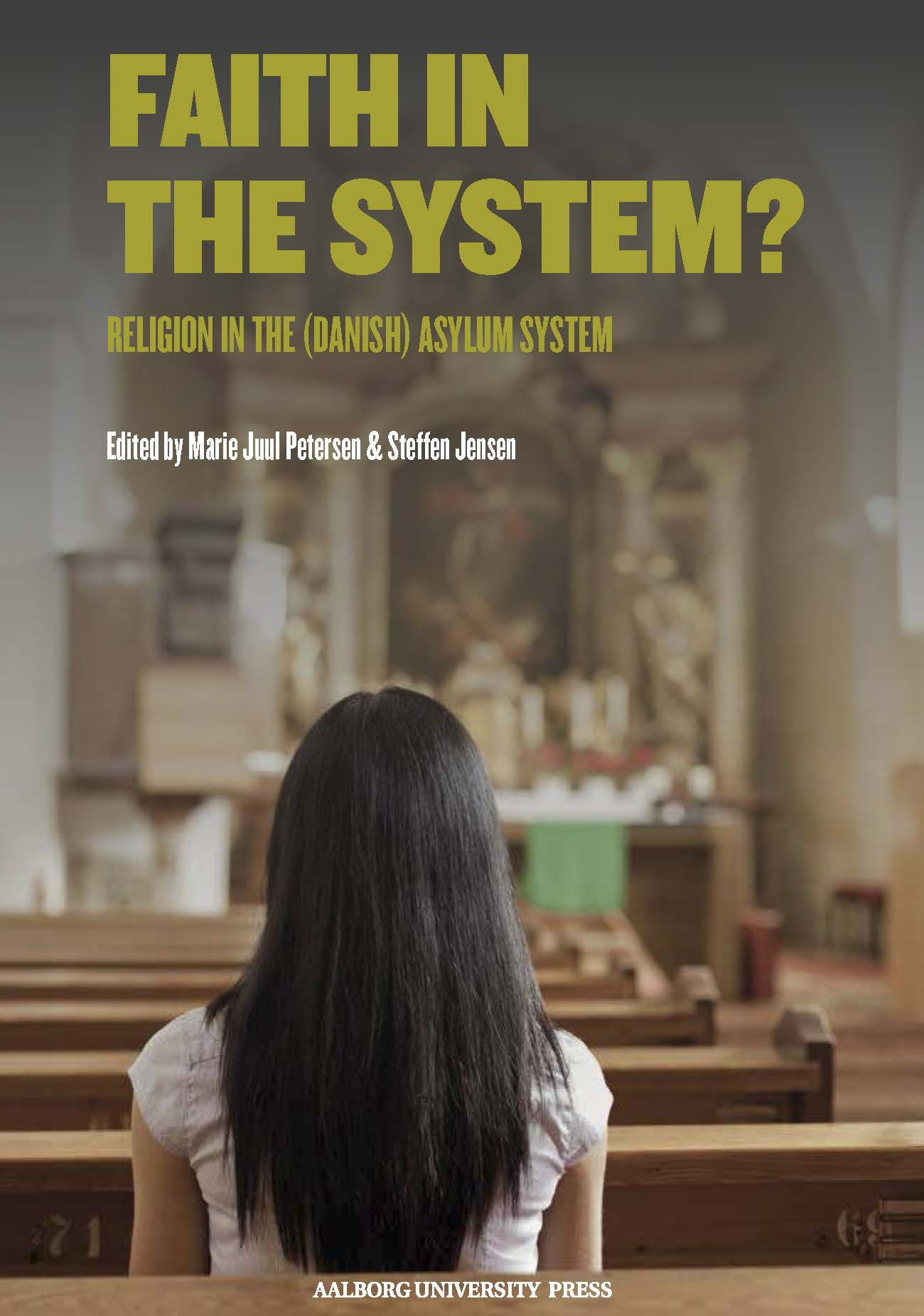
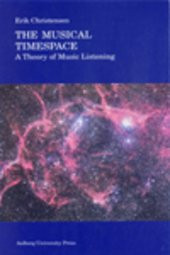
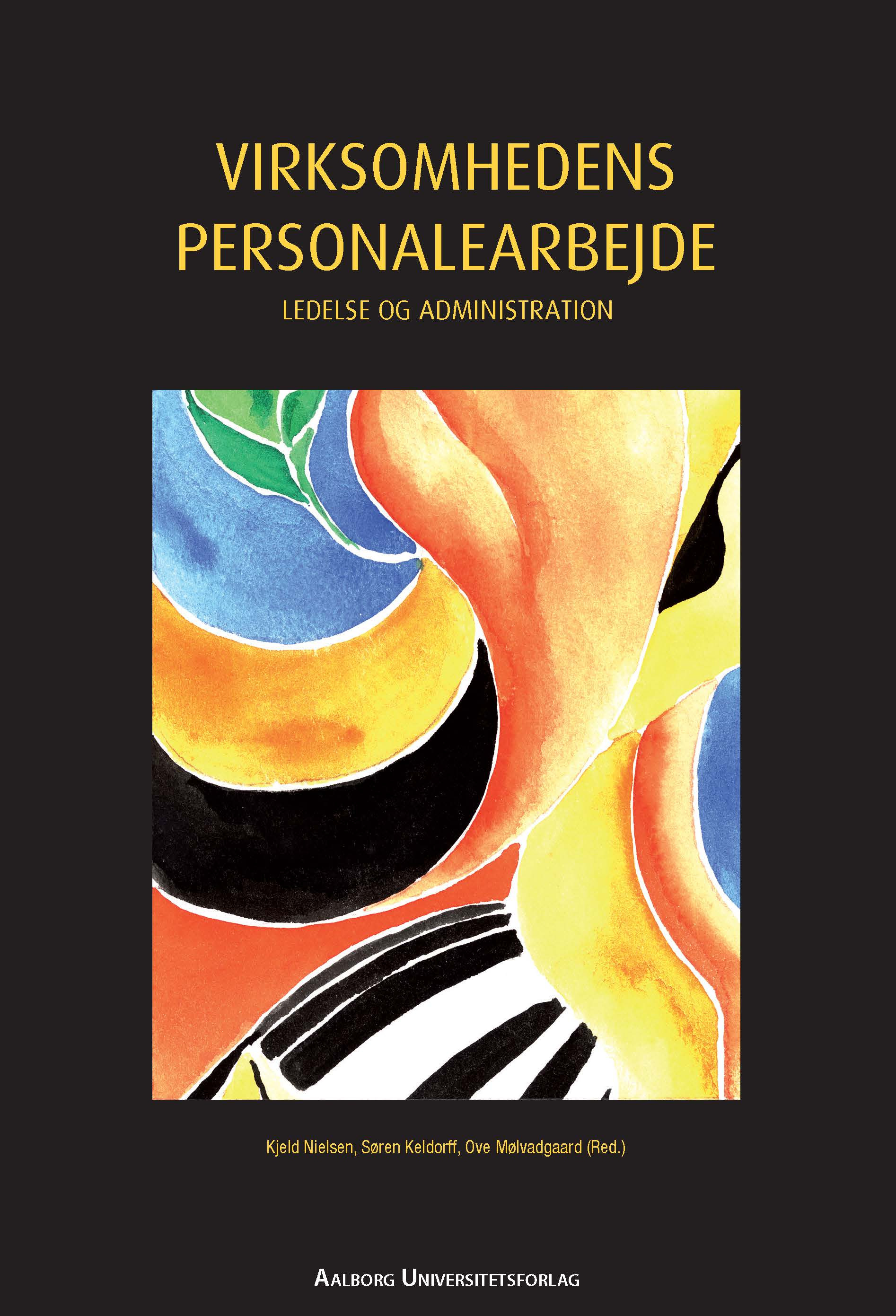
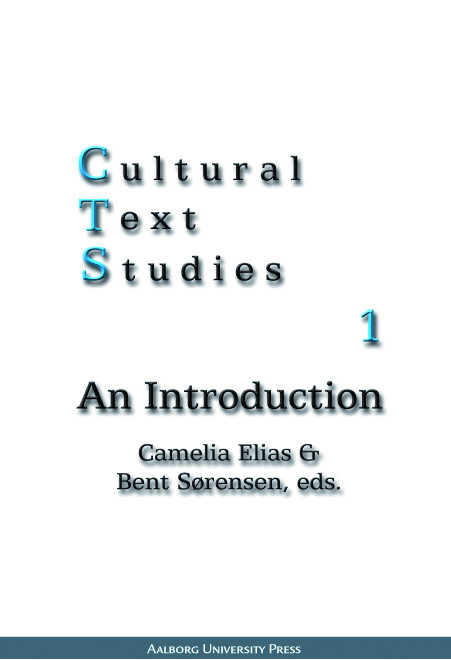
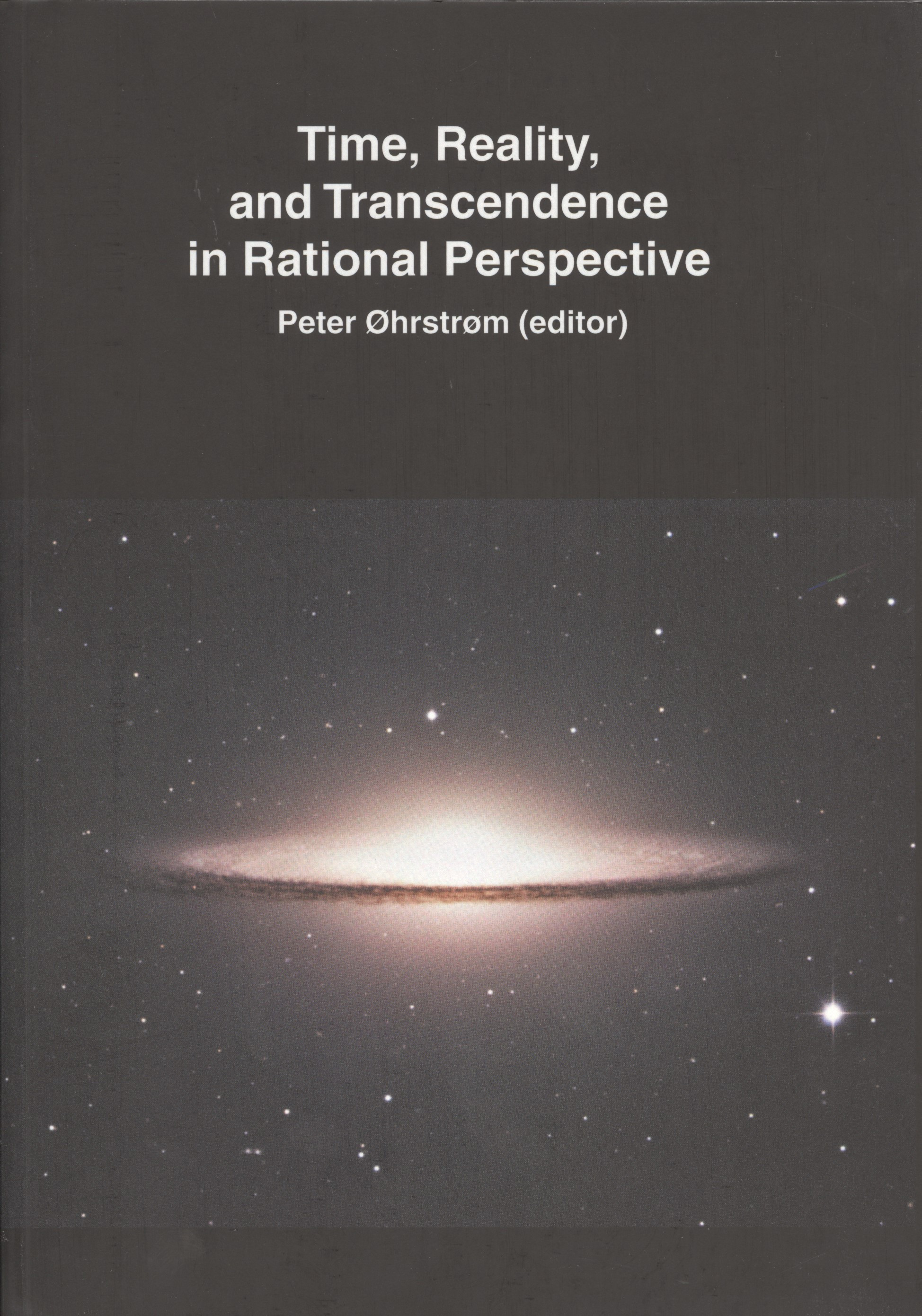
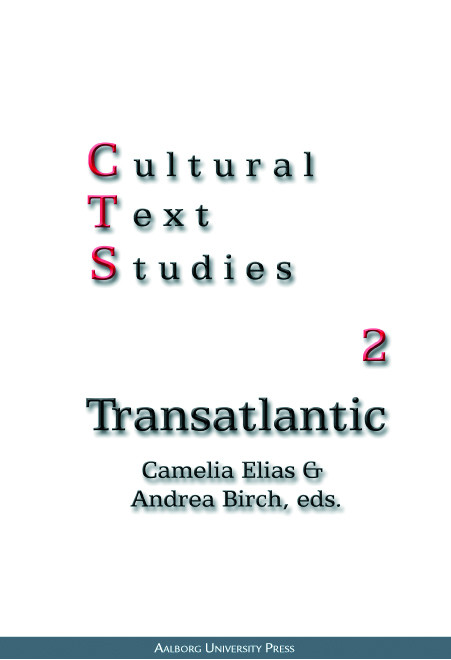

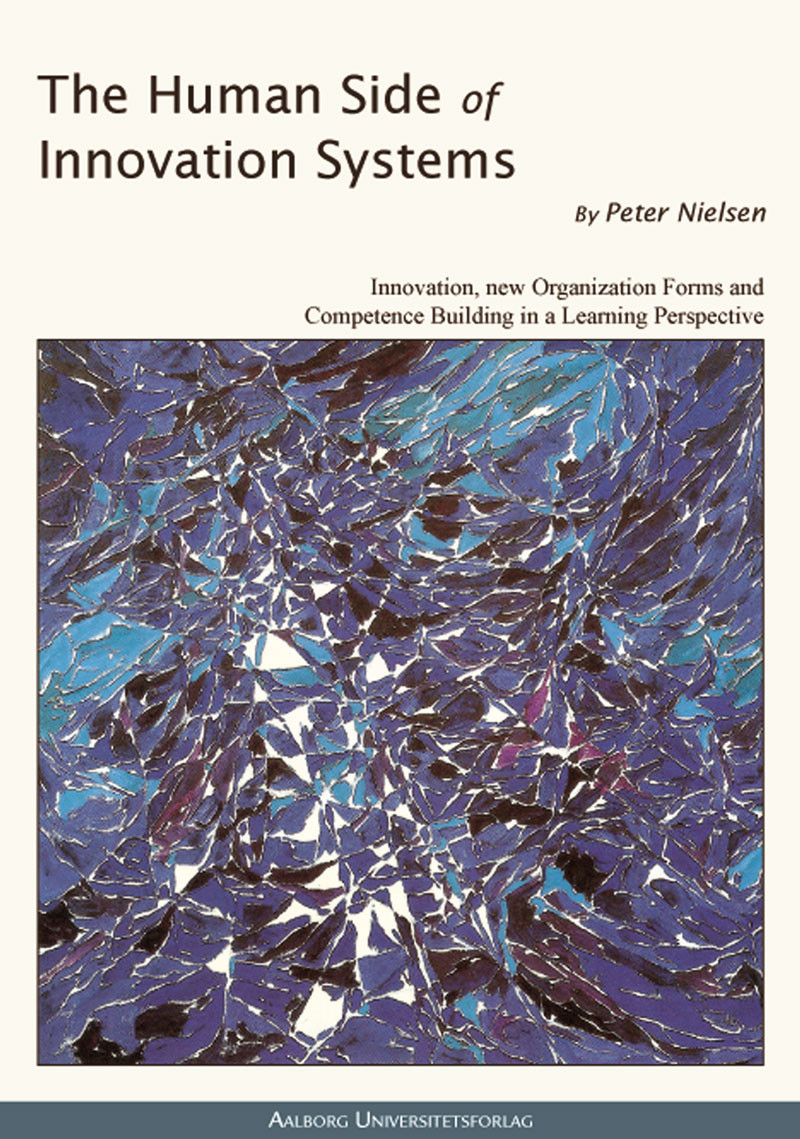



-public.jpg)
